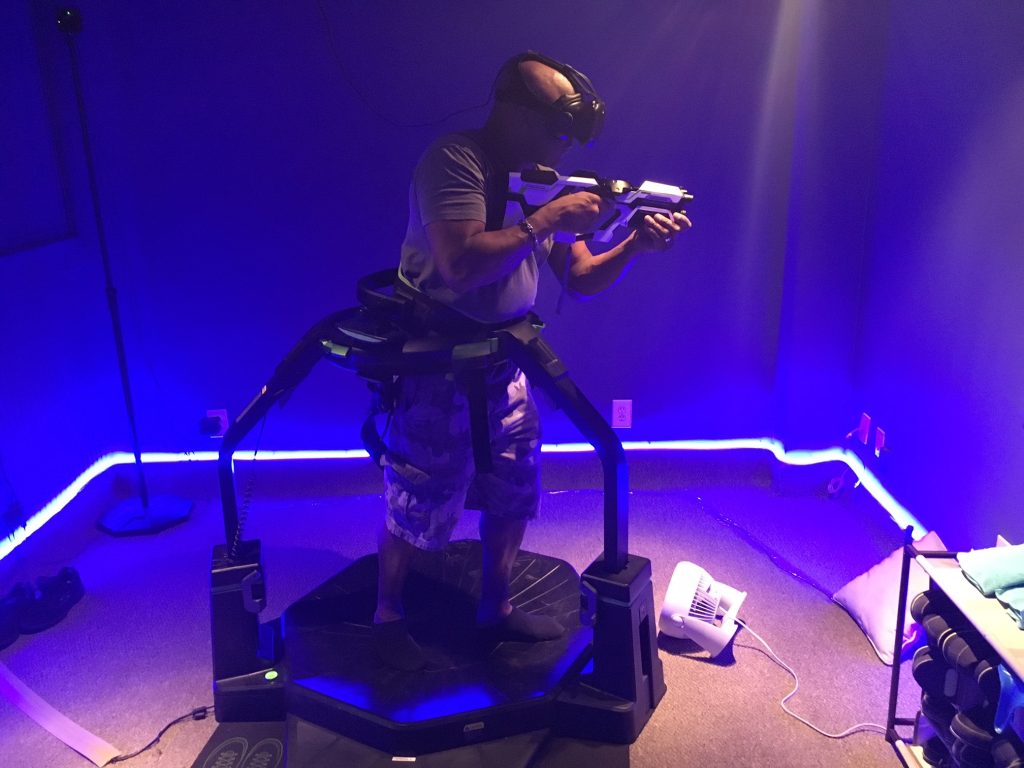In the ever-evolving landscape of video games, the integration of artificial intelligence (AI) is revolutionizing the way non-playable characters (NPCs) behave and interact with players. Gone are the days of static, predictable NPCs; today, AI is enabling these characters to exhibit more realistic and dynamic behaviors, making the gaming experience more immersive and engaging. By utilizing advanced algorithms and machine learning techniques, developers are crafting NPCs that can adapt to player actions, respond to environmental changes, and even learn from their interactions, thereby enhancing the overall gameplay.
As we delve deeper into the topic of how AI is enhancing NPC behavior in video games, you will discover the various techniques employed by game developers to create lifelike characters. From behavior trees to neural networks, these technologies are paving the way for NPCs that not only react intelligently but also contribute to the narrative and emotional depth of the game. Furthermore, we will explore real-world examples of games that have successfully implemented these AI advancements, showcasing the profound impact on player engagement and satisfaction.
Join us on this journey as we uncover the fascinating ways AI is transforming NPC behavior in video games. Whether you are a gamer, a developer, or simply curious about the future of interactive entertainment, this article will provide valuable insights into the innovative techniques that are shaping the next generation of gaming experiences. Read on to learn how these advancements are not just enhancing gameplay but also redefining the very essence of storytelling in video games.
Dynamic Decision-Making in NPCs
One of the most significant advancements in NPC behavior is the implementation of dynamic decision-making algorithms. Traditional NPCs often followed scripted paths, leading to predictable and repetitive interactions. However, with the integration of AI, NPCs can now analyze their environment and make real-time decisions based on various factors, such as player actions, environmental changes, and even the emotional state of other characters. This creates a more immersive experience for players, as they encounter NPCs that react in unexpected and realistic ways.
For instance, in open-world games, NPCs can adapt their behavior based on the player’s reputation or previous interactions. If a player has been hostile towards a particular faction, NPCs from that faction may become more aggressive or evasive. This level of responsiveness not only enhances gameplay but also deepens the narrative, as players feel their choices have tangible consequences.
Emotional Intelligence in NPC Interactions
AI is also enhancing NPC behavior through the development of emotional intelligence. By utilizing machine learning techniques, developers can create NPCs that recognize and respond to the player’s emotional cues. This can be achieved through voice recognition, facial expression analysis, or even the tone of the player’s dialogue choices. As a result, NPCs can engage in more meaningful conversations, providing players with a richer storytelling experience.
For example, in role-playing games (RPGs), NPCs can adjust their dialogue and behavior based on the player’s emotional state. If a player expresses sadness or frustration, an NPC might offer comfort or encouragement, creating a more empathetic interaction. This emotional depth not only makes the game world feel more alive but also fosters a stronger connection between the player and the characters within the game.
Procedural Generation of NPC Behaviors
Procedural generation is another area where AI is making significant strides in enhancing NPC behavior. By using algorithms to create unique behaviors and characteristics for each NPC, developers can ensure that no two interactions are the same. This randomness adds an element of surprise and excitement to gameplay, as players never know how an NPC might react in a given situation.
For instance, in survival games, NPCs can be procedurally generated with varying survival strategies, personalities, and skills. This means that players must adapt their tactics based on the unique traits of each NPC they encounter, leading to a more engaging and unpredictable gaming experience. The use of procedural generation not only enriches the game world but also encourages players to explore and interact with a diverse range of characters.
Enhanced AI Pathfinding and Navigation
AI advancements have also significantly improved NPC pathfinding and navigation capabilities. Traditional pathfinding algorithms often resulted in NPCs getting stuck or taking illogical routes. However, with the implementation of advanced AI techniques, NPCs can now navigate complex environments more effectively. They can assess obstacles, choose optimal paths, and even collaborate with other NPCs to achieve common goals.
This improvement is particularly evident in strategy and simulation games, where NPCs must work together to accomplish tasks. For example, in a city-building game, NPCs can coordinate their movements to gather resources efficiently or defend against threats. This level of cooperation not only enhances gameplay mechanics but also creates a more believable and engaging game world.
Learning from Player Behavior
Finally, AI is enabling NPCs to learn from player behavior, creating a more personalized gaming experience. By analyzing player actions over time, NPCs can adapt their strategies and interactions to better suit individual playstyles. This learning process can lead to more challenging and rewarding encounters, as NPCs become increasingly adept at countering player tactics.
For instance, in competitive games, NPCs can adjust their difficulty based on the player’s skill level, ensuring that the challenge remains engaging without becoming frustrating. This adaptability not only enhances player satisfaction but also encourages long-term engagement with the game, as players are continually faced with new challenges that evolve alongside their own skills.
| Aspect | Description |
|---|---|
| Dynamic Interactions | AI allows NPCs to respond to player actions in real-time, creating a more immersive experience. |
| Behavioral Complexity | Advanced algorithms enable NPCs to exhibit a range of emotions and behaviors, making them feel more lifelike. |
| Learning Capabilities | Machine learning techniques allow NPCs to adapt their strategies based on player behavior, enhancing gameplay. |
| Procedural Generation | AI can generate unique NPCs with distinct personalities and backstories, enriching the game world. |
| Enhanced Decision-Making | AI-driven NPCs can make complex decisions, improving their ability to navigate challenges and interact with players. |
| Realistic Dialogue | Natural language processing enables NPCs to engage in more meaningful conversations with players. |
| Environmental Awareness | AI allows NPCs to react to their surroundings, making them more aware of the game environment and player actions. |
| Team Dynamics | AI can simulate teamwork among NPCs, allowing them to coordinate and strategize against players. |
This HTML document provides a structured overview of how AI is enhancing NPC behavior in video games, presented in a clear and informative table format.



